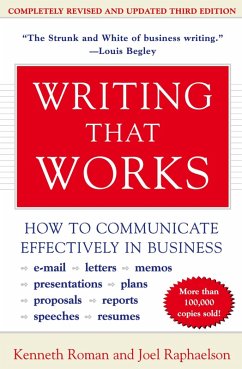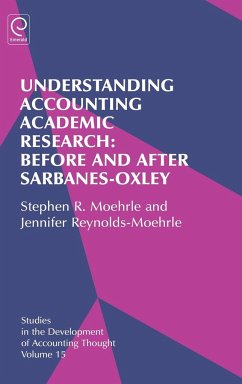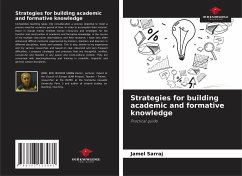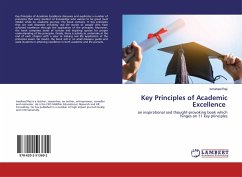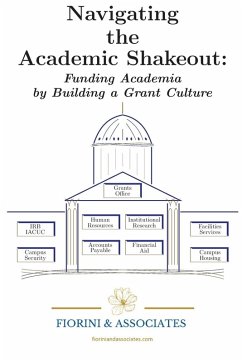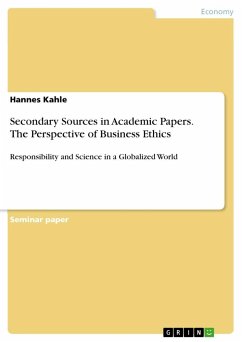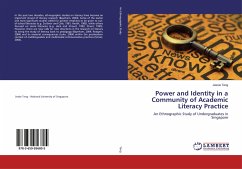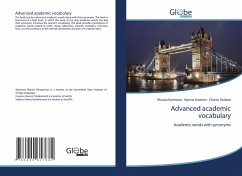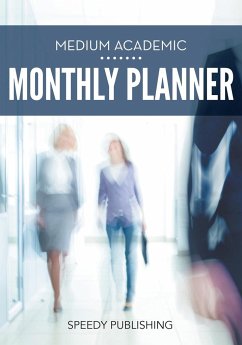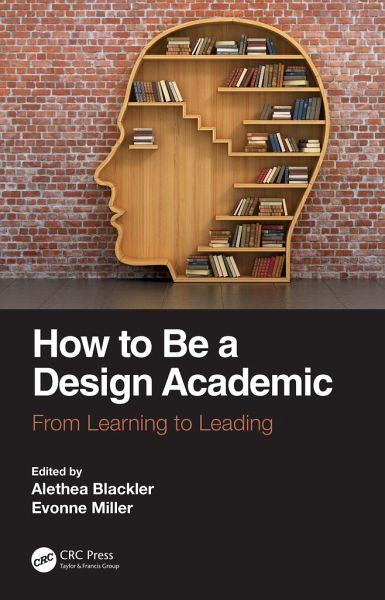
How to Be a Design Academic
From Learning to Leading
Herausgeber: Blackler, Alethea; Miller, Evonne
Versandkostenfrei!
Versandfertig in 1-2 Wochen
168,99 €
inkl. MwSt.
Weitere Ausgaben:

PAYBACK Punkte
84 °P sammeln!
This book is about how to be a design academic. In another words, how to manage the various challenges, requirements, and processes that come with both the everyday and extra-ordinary parts of an academic role in design fields (from architecture, urban design, interior design and landscape architecture, to fashion, industrial, interaction and graphic design). The book is organised in two parts - Part 1, Starting out and Part 2, Becoming a Leader. It includes real-life experiences of actual academics and offers a wide range of experiences of authors from early career researchers to full profess...
This book is about how to be a design academic. In another words, how to manage the various challenges, requirements, and processes that come with both the everyday and extra-ordinary parts of an academic role in design fields (from architecture, urban design, interior design and landscape architecture, to fashion, industrial, interaction and graphic design). The book is organised in two parts - Part 1, Starting out and Part 2, Becoming a Leader. It includes real-life experiences of actual academics and offers a wide range of experiences of authors from early career researchers to full professors and heads of schools. It contains all aspects of academic life, including the highs and lows of teaching, research, leadership, and managing your working life and your career. This book is perfect for academics, aspiring academics, and research students in a wide range of design fields.




